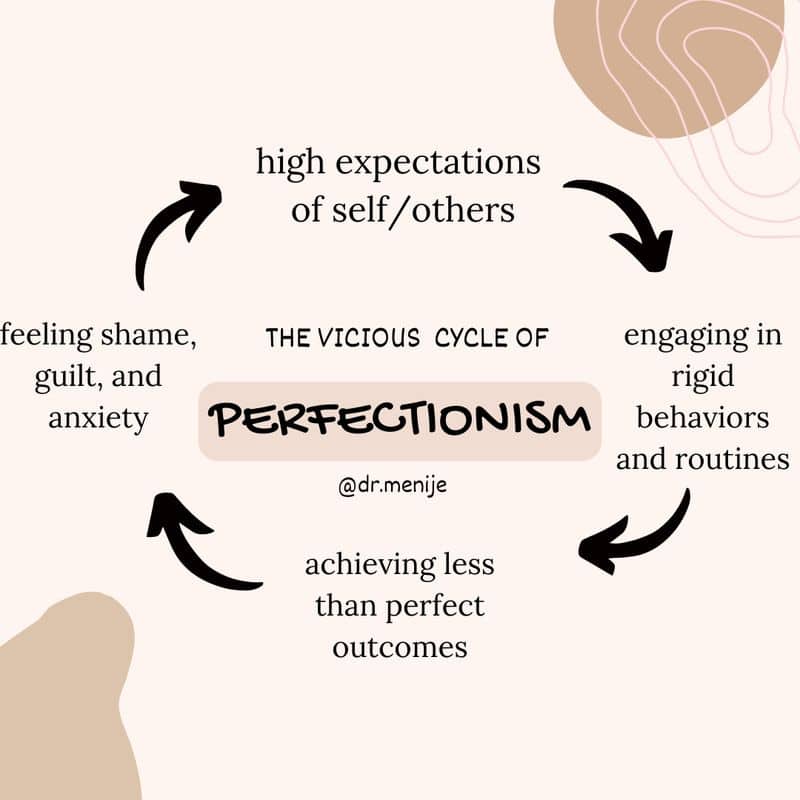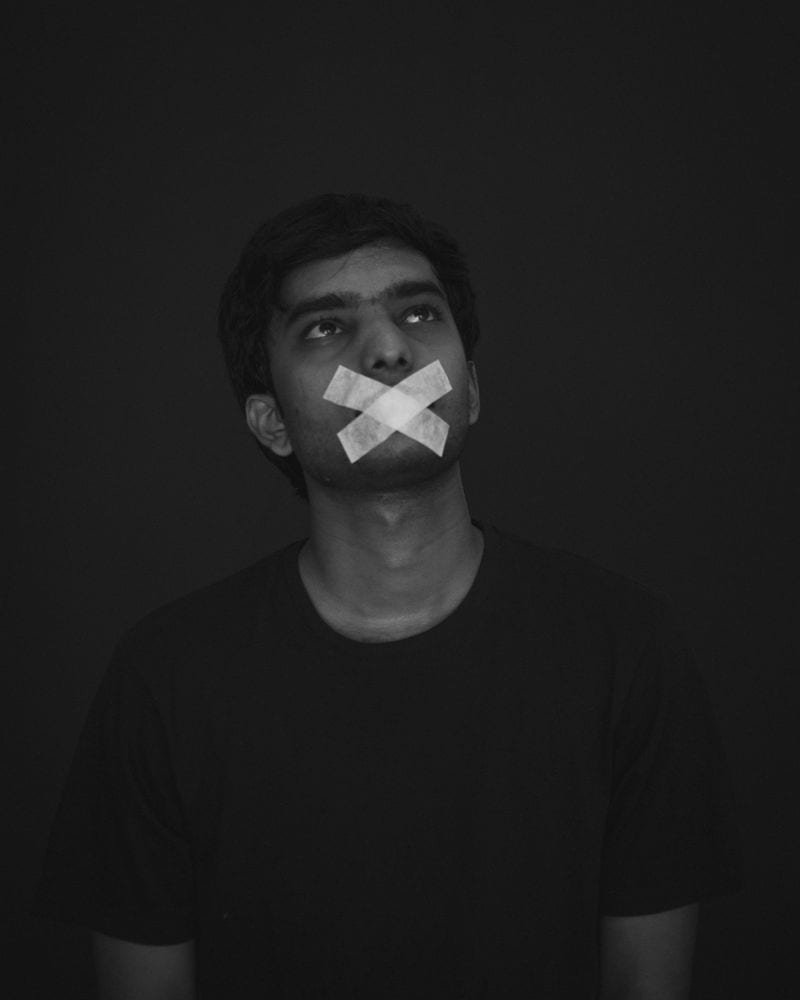Our childhood shapes who we become as adults, but sometimes we don’t realize our experiences weren’t normal until much later.
Looking back, certain behaviors or feelings might actually be signs that your childhood wasn’t as happy as you thought.
Recognizing these patterns isn’t about blame but understanding how your past influences your present so you can begin healing.
1. You Struggle to Trust Others
Walls go up instantly when someone new enters your life. You assume they’ll eventually hurt or disappoint you, so why get close at all?
This protective instinct likely developed when caregivers or important people in your childhood proved unreliable or inconsistent. Your young brain learned that depending on others leads to pain.
Today, this manifests as keeping people at arm’s length or testing relationships through subtle sabotage. Healing begins by recognizing this pattern isn’t your fault—it was once necessary for emotional survival.
2. Praise Makes You Uncomfortable
Compliments make you squirm. When someone acknowledges your achievements or qualities, your immediate reaction is disbelief or discomfort rather than gratitude.
Children who grow up in critical environments where praise was rare or conditional develop a distorted self-image. Your brain learned to reject positive feedback because it contradicted your household narrative.
Now, positive attention feels foreign—almost threatening—because it challenges the negative self-concept you internalized long ago. This isn’t just modesty; it’s your past speaking through present discomfort.
3. You’re Always Waiting for the Other Shoe to Drop
Good moments feel temporary. Even during happy times, anxiety lurks beneath the surface, whispering that something bad is inevitable.
This hypervigilance stems from an unpredictable childhood where calm periods were often disrupted by conflict, mood swings from caregivers, or sudden changes. Your nervous system learned to stay on high alert, scanning for threats even in peaceful moments.
As an adult, this translates to difficulty fully enjoying positive experiences. Your body remembers the pattern of good-then-bad cycles, making relaxation feel dangerous rather than natural.
4. You’re the Eternal Peacekeeper
Conflict sends you into immediate fix-it mode. You jump to smooth tensions between others, even when the disagreement has nothing to do with you.
Children from homes with frequent fighting or emotional volatility often become mediators to restore safety. You likely learned that household peace depended on your intervention or that your own needs mattered less than keeping everyone happy.
This peacekeeping role follows you into adulthood, manifesting as people-pleasing, conflict avoidance, or feeling responsible for others’ emotions. Your nervous system equates disagreement with danger, triggering an automatic resolution response.
5. You Have No Idea What You Actually Want
“What do you want?” feels like an impossible question. You excel at accommodating others’ preferences but freeze when asked about your own desires.
Children whose needs were consistently overlooked or dismissed learn to disconnect from their own wants. Your childhood likely required adapting to others’ expectations rather than developing authentic preferences.
Now, decision-making becomes paralyzing because you’ve spent years ignoring your internal compass. The disconnection from your true desires isn’t laziness or indecision—it’s a survival adaptation from when expressing wants was either pointless or dangerous.
6. Perfectionism Rules Your Life
Mistakes feel catastrophic rather than human. You hold yourself to impossible standards and beat yourself up mercilessly when you fall short.
This perfectionism typically develops when childhood errors were met with harsh criticism, punishment, or withdrawal of love. Your young mind concluded that perfect performance was the only path to acceptance or safety.
The inner critic that drives you today isn’t your voice—it’s an internalized version of critical adults from your past. While perfectionism might appear as ambition or high standards, its roots lie in fear rather than healthy motivation.
7. You Feel Responsible for Everyone’s Happiness
Someone else’s bad mood feels like your personal failure. You automatically assume it’s your job to fix others’ negative emotions, even at your own expense.
This pattern emerges when children are parentified or made responsible for adults’ emotional wellbeing. Perhaps you learned that mom’s happiness depended on your behavior, or that dad’s stress was somehow your responsibility to manage.
As an adult, this manifests as excessive caretaking, difficulty saying no, or feeling guilty when others struggle. The weight of everyone’s emotions wasn’t yours to carry then, and it isn’t now.
8. You’re Drawn to Chaos or Drama
Calm relationships feel boring or suspicious. You might find yourself repeatedly involved with unstable people or creating problems where none exist.
Children raised in chaotic environments develop neural pathways that normalize turmoil. Your brain became wired to interpret drama as familiar rather than harmful.
This doesn’t mean you enjoy suffering—it means your nervous system recognizes chaos as home. Peaceful relationships might trigger subconscious anxiety because they don’t match your childhood emotional template. Healing involves retraining your brain to recognize that stability isn’t boring—it’s healthy.
9. You Struggle to Celebrate Your Achievements
Success feels hollow. You quickly dismiss accomplishments or immediately focus on the next goal without acknowledging what you’ve achieved.
This pattern often develops when childhood achievements were minimized, ignored, or met with criticism rather than celebration. Perhaps your successes were compared unfavorably to others, or maybe nothing you did ever seemed good enough.
The inability to celebrate yourself isn’t humility—it’s a learned response from when pausing to feel pride was either discouraged or punished. Your achievements deserve recognition, especially from yourself.
10. Your Emotions Feel Dangerous or Overwhelming
Feelings aren’t just uncomfortable—they’re terrifying. You may shut down, dissociate, or use various methods to numb yourself when emotions intensify.
Children learn emotional regulation from caregivers. If your emotions were punished, dismissed, or met with unpredictable responses, you never developed healthy ways to process feelings.
The fear of emotions isn’t weakness—it’s a protective response from when feelings weren’t safe to express. Your nervous system learned that certain emotions led to rejection or chaos, so it developed emergency shutdown procedures that still activate today.











